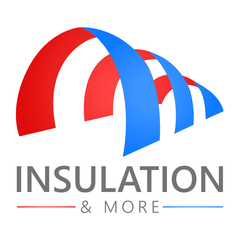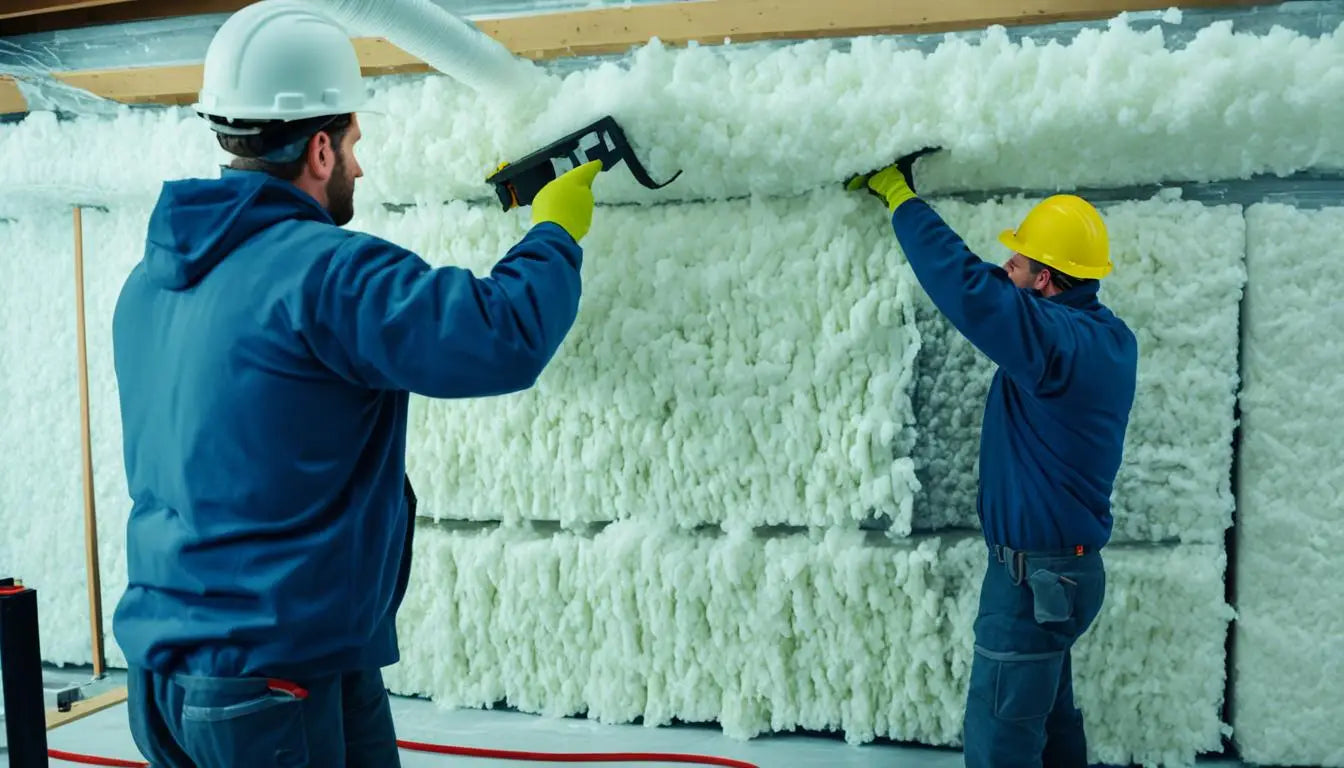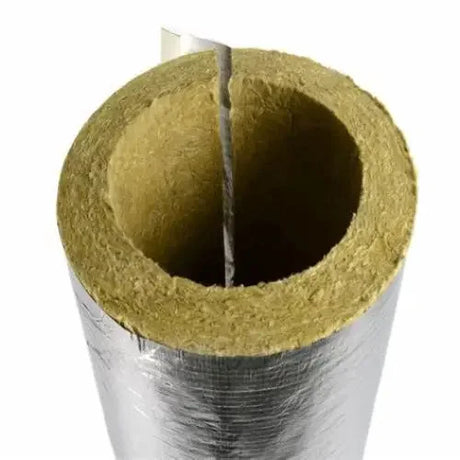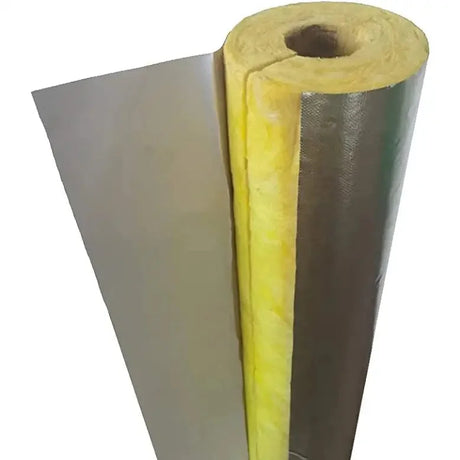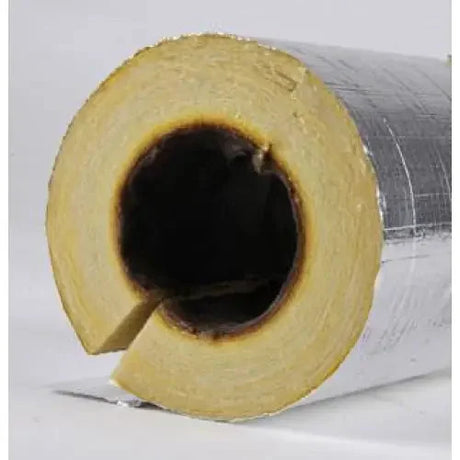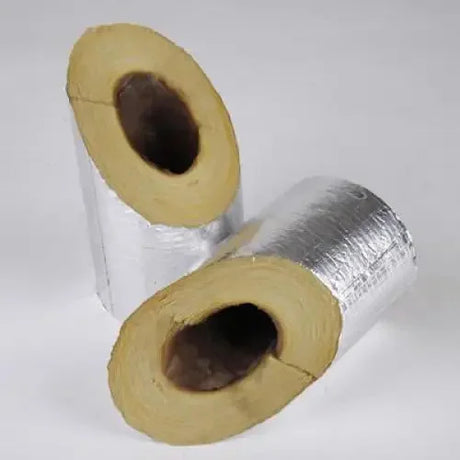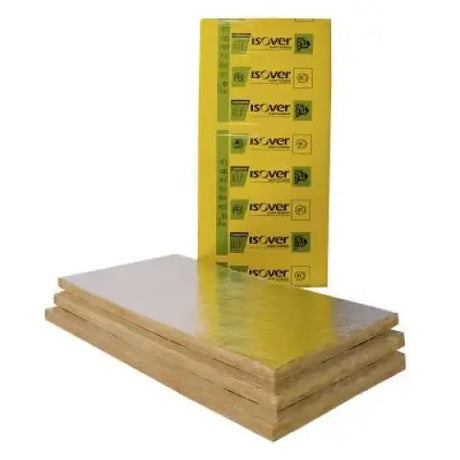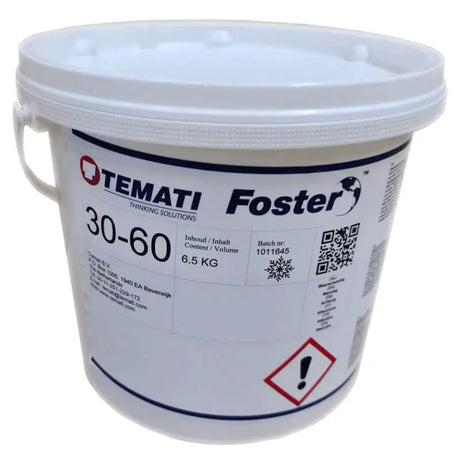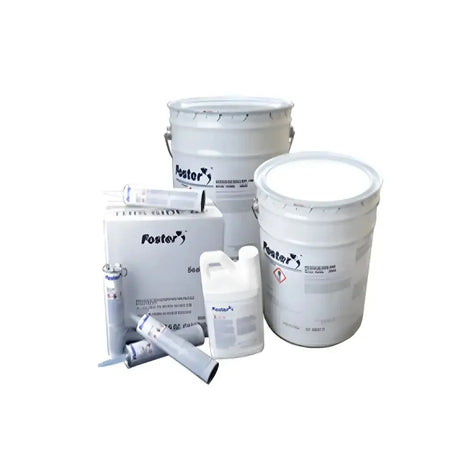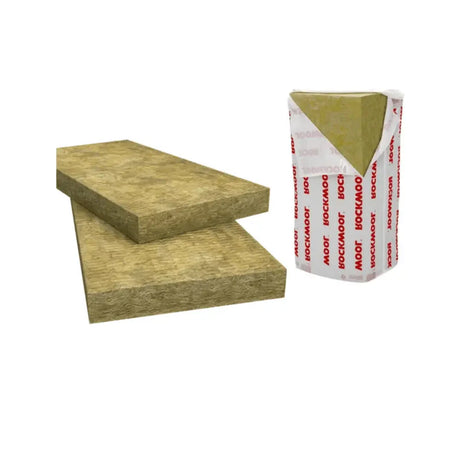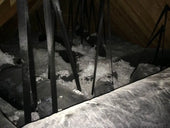Did you know nearly 30% of a factory's energy use goes to waste through heat loss?
This happens because of poor insulation. Proper insulation is key to saving energy and keeping factories safe. It helps UK manufacturers better their processes, look after their gear, and keep temperatures stable. This ensures their insulation is efficient.
Key Takeaways
- Thermal insulation acts as a barrier against energy losses, helping to improve energy efficiency within factories.
- Maintaining equipment at desired temperatures aids in process optimisation and operational consistency.
- Effective thermal management through proper insulation prevents thermal stress on critical equipment.
- Insulation enhances workplace safety by maintaining a stable and safe environment for personnel.
- Adhering to manufacturing best practices in insulation leads to industrial insulation efficiency and compliance with UK standards.
Why Thermal Insulation is Crucial in Manufacturing
Thermal insulation is vital for energy efficiency, machinery protection, and worker safety in manufacturing. Using top-notch insulation materials helps lower energy usage, protect equipment, and creates a safer workplace.
Energy Efficiency
Thermal insulation improves energy efficiency by keeping heat exchange in check. This means factories use less energy. With energy-saving insulation, they can cut costs and help the environment.
Process Optimisation
For many industrial tasks, keeping a steady temperature is key. Good insulation keeps the right temperature, making production more consistent and efficient. This boosts the quality of the output and keeps things running smoothly.
Equipment Protection
Insulation also protects valuable equipment from getting damaged by too much heat. This can reduce maintenance costs and lessen downtime. The right insulation means machinery lasts longer and needs fewer repairs.
Personnel Safety
Keeping workers safe is a top priority. Insulation prevents burns and makes the workplace safer. By choosing the right insulation, factories meet UK safety laws, protect their staff, and boost morale.
Selecting the Right Insulation Materials
Choosing the proper insulation material is key for great thermal performance in making things. You have to think about several factors. This makes sure the materials match what the manufacturing area needs.
Temperature Range Considerations
The temperature range the insulation must handle is really important. High temperature insulation keeps its qualities even in harsh conditions. It's vital to pick a material that stays effective and doesn't break down at high temperatures.
Environmental Factors
Environmental conditions matter a lot too. We're talking about how well the insulation can handle moisture and sunlight. For outdoor use, the material needs to fight off moisture to avoid damage. It also must resist UV rays to keep its insulating abilities.
Material Durability
Durability is huge when picking insulation materials. They must withstand the wear and tear of industrial environments. Choosing strong insulation means it lasts longer. This keeps things efficient and cuts down on replacement costs.
Thinking about temperature, the environment, and durability helps industries make smart choices. The right insulation materials boost efficiency and last longer.
Best Practices to Insulate Factory
Following the best practices for insulating a factory is key to good thermal management. This includes choosing the right installation methods and focusing on safety. Knowing best practices helps choose the right materials and techniques.
UK industrial standards help in applying effective insulation safely and efficiently. Keeping insulation well-maintained boosts factory productivity and safety.
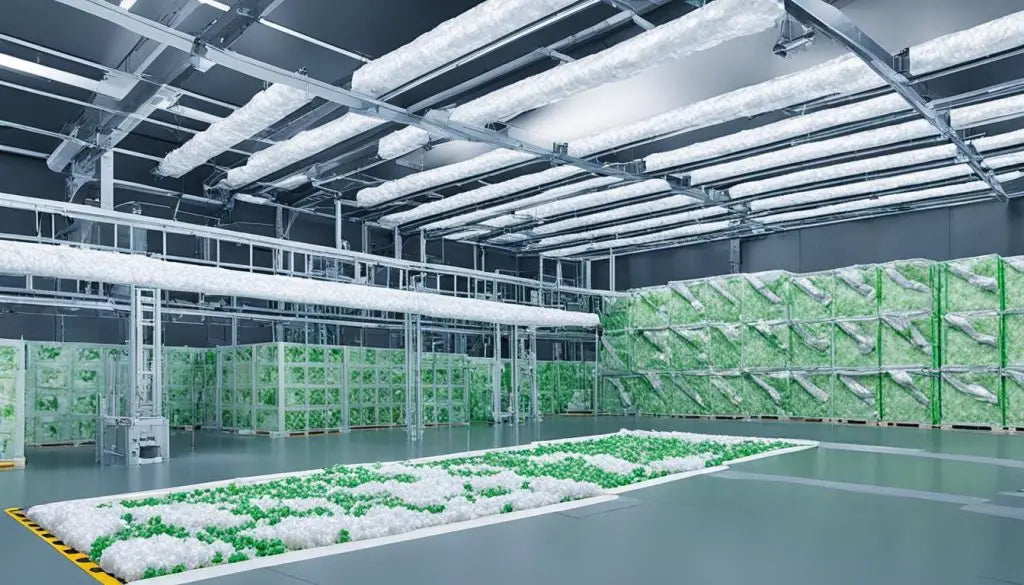
- Careful selection of insulation materials based on their thermal properties and durability.
- Following recommended insulation installation methods to ensure thorough coverage and effectiveness.
- Implementing regular maintenance checks to identify and address any wear and tear promptly.
- Ensuring adherence to UK industrial standards to guarantee safe and efficient installation.
| Key Practice | Description | Benefit |
|---|---|---|
| Material Selection | Choosing insulation materials that meet thermal requirements. | Enhanced performance and longevity. |
| Installation Methods | Utilising best techniques for full coverage. | Maximised insulation efficiency. |
| Regular Maintenance | Conducting routine checks and repairs. | Preservation of insulation integrity. |
| Compliance with Standards | Ensuring all practices meet UK regulations. | Guaranteed safety and regulatory adherence. |
By sticking to these best practices, factories can enjoy effective insulation. This ensures safety, regulatory compliance, and boosts efficiency.
Inspection and Assessment Prior to Installation
Before installing thermal insulation, a detailed inspection and assessment are essential. This step ensures that critical areas are highlighted, measurements are taken accurately, and surfaces are prepared properly. These actions are the foundation of a successful insulation project. They help achieve better energy savings and thermal effectiveness.
Identifying Areas Requiring Insulation
Finding areas that lose heat easily is key in a thermal insulation assessment. By checking walls, roofs, pipes, and machinery, we can see where more insulation material calibration is needed. Area-specific insulation strategies make the process efficient, focusing on the unique requirements of each section.
Measurements and Calculations
It's important to get the measurements and calculations right for insulation. A detailed heat loss assessment tells us how much energy we're losing. It shapes what insulation we use. We use special tools to measure and understand the thermal traits of the materials.
Surface Preparation
Preparing surfaces well before insulating is key to its success and longevity. We must clean and dry them, removing all dirt and moisture. Sometimes, we apply a primer. Good preparation leads to stronger bonding of the insulation materials, improving their function and lasting.
Installation Techniques for Optimal Thermal Performance
To get the best thermal performance in factories, use careful insulation strategies. It's key to use many layers of insulation, cover all areas well, and fit everything precisely. This stops energy waste.
Applying Multiple Layers of Insulation
Adding several layers of insulation is a smart move. Each layer blocks more heat from escaping or entering. This means less energy is lost, keeping factory operations smooth and efficient.
Ensuring Proper Fit and Coverage
It's essential to cover everything properly with insulation. It needs to be cut accurately to avoid any gaps that let heat through. Tailoring insulation to fit equipment shapes tightly ensures high performance.
Avoiding Overlapping Insulation
While full coverage is necessary, avoid putting insulation layers on top of each other too much. Overlaps can trap air, which weakens the insulation's power. With careful installation, factories can make an unbroken barrier for better thermal protection.
Compliance with Safety Regulations
Following safety rules when adding insulation in manufacturing areas is crucial. By sticking to these rules, industries can lower risks. This makes the workplace safer for their workers.
Fire Safety Compliance
One key focus is on meeting fire safety regulations. Using insulation that resists fire is vital to avoid fire risks. This type of insulation must be included in the factory's setup to meet safety standards.
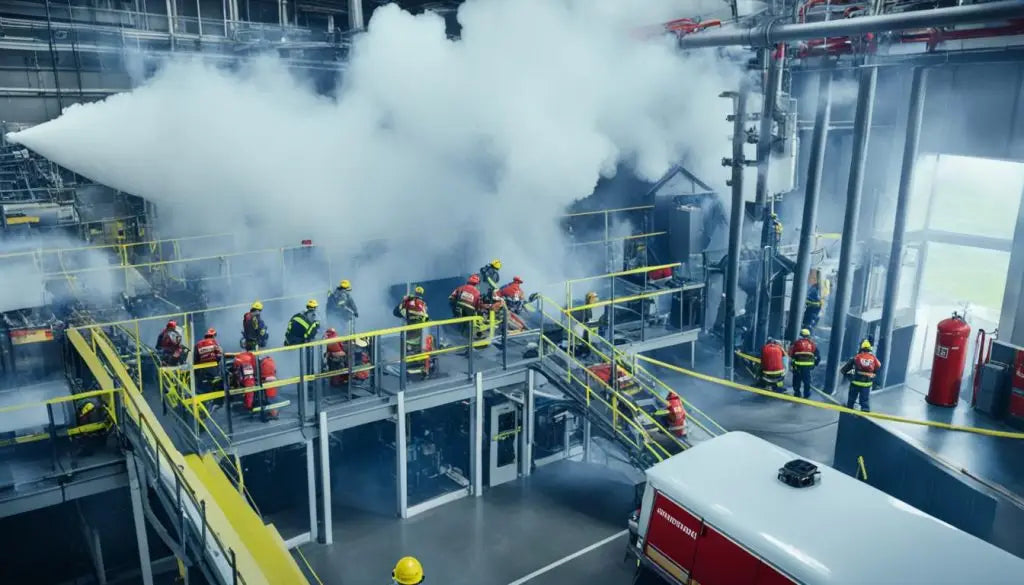
Personal Protective Equipment
Wearing the right personal protective equipment (PPE) is essential during the insulation work. It keeps workers safe and meets UK safety rules. Everyone should wear gloves, face masks, and safety goggles.
Regulatory Compliance
Meeting regulations is about more than just fire safety. It includes all health and safety rules. Following UK safety laws helps avoid legal problems. Regular training on safety can keep a workplace safe and compliant.
Industrial Insulation Techniques
Using the right insulation in factories is key to managing heat well. Pipes, ducts, and machines all need different insulation. This makes the factory run better.
Pipe Insulation
Good pipe insulation cuts down on heat loss. This keeps the temperatures inside the pipes just right. The most used materials in the UK are Polyisocyanurate (PIR) and Polyurethane (PUR). They hold heat well and protect pipes from changes in outside temperature.
Duct Insulation
Insulating ducts right is vital for air systems to work well in factories. It keeps the air at the right temperature. This saves energy. The IMA Best Practice Guide No. 1, updated in 2018, gives great advice on this.
The Best Practice Guide by IMA also talks about checking the site and walls first. This helps make sure the insulation works well.
Equipment Insulation
Insulating machines is important to keep them at the right temperature. It protects them from heat damage. This makes them last longer and keeps workers safe from heat injuries. Experts should do the installation to make sure it's done right and safely.
Regular Maintenance and Inspection
To keep insulation working well in an industrial place, it is key to have regular maintenance. This includes doing insulation system integrity checks, following strict visual inspection protocols, and fixing or replacing parts quickly. Doing so helps the insulation work better for longer, and keeps everything safe and efficient.
Visual Inspections
It's vital to check the insulation often to spot early signs of damage. Technicians need to be able to spot issues like cracks, dampness, and wear and tear. Catching these problems quickly means they can be sorted before they get worse.
Repair and Replacement
If there's a problem, it's important to fix or change the damaged insulation straight away. It means fixing obvious damage and also changing old or worn-out parts as part of a good maintenance plan. This keeps the insulation in top shape, which is good for saving energy and staying safe.
- Performing Regular Visual Inspections
- Implementing Proactive Replacement Strategies
- Addressing Detected Faults Promptly
- Adhering to Scheduled Maintenance Regimens
Cost Savings and Energy Efficiency
Getting the right insulation in factory sheds cuts energy loss. It also helps save a lot of money. Fiberglass, spray foam, reflective foil, and Rockwool are key to using less energy. This makes utility bills go down, saving money and improving how factories run.
Reducing Energy Consumption
Insulation is key for saving energy in factories. Spray foam stops air leaks, keeping heat where it should be. Reflective foil stops sunlight making places too hot, great for sunny spots.
Lower Utility Bills
Good insulation means lower bills. Rockwool stops air escaping and is also fire safe. Perfect for those prioritising safety. This boosts efficiency and saves energy, cutting costs over time.
Choosing smart insulation boosts efficiency. It's good for the factory and the planet. Well-insulated places are nicer to work in, make more product, and save money long-term.
FAQ
Why is thermal insulation important in manufacturing?
Thermal insulation keeps energy use low. It makes processes better and keeps equipment and people safe. It saves energy, keeps temperatures right, and makes work places safer.
What are the best practices for installing insulation in factories?
Pick the right materials that suit your needs. Check everything carefully before starting. Prepare surfaces well and layer insulation for more protection. Follow all safety rules.
How does thermal insulation contribute to energy efficiency?
It stops heat from escaping. This means less energy is needed to keep temperatures stable. So, businesses can save money on energy bills and be more efficient.
What factors should be considered when selecting insulation materials?
Consider how well materials conduct heat and if they fit the temperature needs. They must be strong against moisture, sunlight, and chemicals. Choose materials that work best for your specific industrial environment.
What preparatory steps are needed before installing insulation?
First, find out where you need insulation the most. Then, calculate how much and how thick it should be. Make sure surfaces are clean and dry for the insulation to work well.
What are effective insulation installation techniques for optimal thermal performance?
Use several layers of insulation for the best effect. Make sure it fits well, covering everything without leaving gaps. Avoid overlapping to prevent air pockets. This keeps performance high and energy use low.
What safety regulations must be followed during insulation installation?
Follow fire safety rules and wear protective gear. Stick to UK laws to keep workers safe and protect your assets from the risks of insulation work.
What are the specialised techniques for insulating different industrial components?
Different parts like pipes, ducts, and machines need special insulation methods. Insulating pipes saves energy, duct insulation helps airflow, and insulating machines protects them from extreme temperatures.
How important is regular maintenance and inspection of industrial insulation?
Checking insulation often and fixing problems early is key. It keeps insulation working well for longer, maintains safety, and boosts efficiency.
How does insulation help in reducing operational costs in factories?
Effective insulation cuts down on energy use, reducing bills and costs. This makes businesses run better financially. It also supports efforts to use energy wisely, helping the manufacturing sector as a whole.
